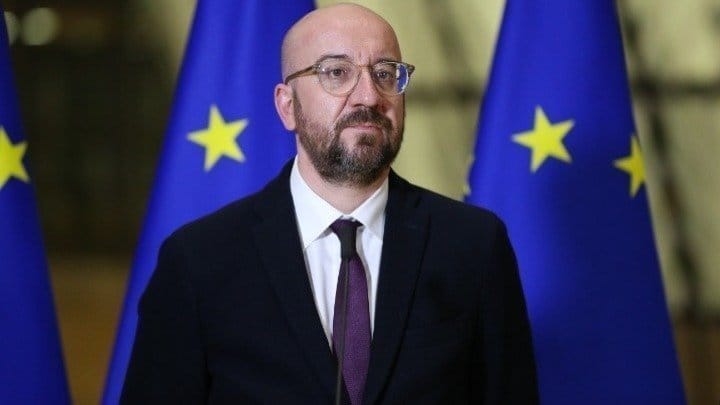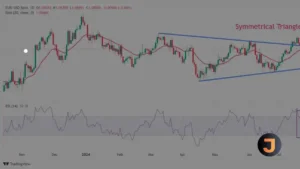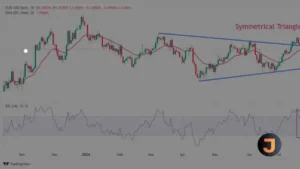EU Enlargement Strategy Reinvigorated Amidst Geopolitical Tensions
In light of Russia’s 2022 invasion of Ukraine, the European Union is setting its sights on an ambitious goal to welcome more countries into its fold by the year 2030. The EU’s chairman, European Council President Charles Michel, expressed this renewed commitment to expansion during a press briefing on Monday. With the 20th anniversary of the EU’s significant “Big Bang” enlargement approaching, Michel reflected on the successful integration of 10 nations in 2004, which included former communist states and Mediterranean islands.
Michel reminisced about the historic decision to unite European countries two decades ago and sees the current geopolitical turmoil as a similar call to action. The chairman underscored the economic progress made since then, noting that the GDP per capita of the accession countries has risen from roughly half to 80% of the EU’s average.
Among the current applicants for EU membership are six Balkan countries, alongside Ukraine, Georgia, and Moldova. Ukraine stands out as a significant potential member due to its population of around 40 million and its robust agricultural sector. Michel emphasized that the conflict initiated by Russia has injected new vigor into the EU’s enlargement strategy, deeming any alternative as a grave error.
Despite some Western skepticism about further eastern expansion and concerns over resource allocation for larger, less affluent nations like Ukraine, Michel highlighted the strategic benefits. He argued that enlargement would enhance the EU’s global influence, positioning it alongside China and the United States as one of the world’s major regional forces.
Special transition arrangements for Kyiv were mentioned by Michel, acknowledging the need for reconstruction post-conflict and careful integration of Ukraine’s population and agricultural exports. The EU, conceived as an economic peace project after World War Two, continues to evolve with Bulgaria, Romania, and Croatia joining since 2004, and Britain being the sole country to exit following a referendum.
As the EU looks ahead to potentially expanding its membership to over 450 million people, it faces the challenge of balancing enlargement with its liberal democratic values, economic considerations, and geopolitical aspirations.





